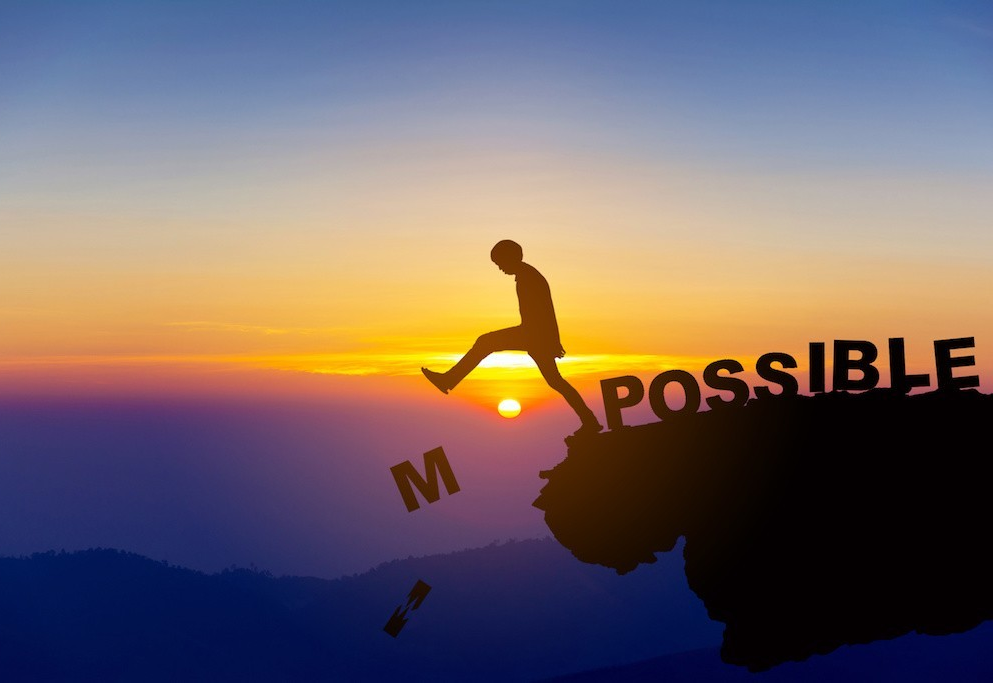When I think of resilience I think of positive psychology, which is the study of human strengths and happiness. This type of psychology studies what characteristics or patterns do happy humans have in common both individual and sociability. As apposed to other psychology which diagnosis all ready existing problems or disorders and looks to treat them. This branch of psychology was started around the year 1998 by several researches, two of the most common are Martin Seligman and Mihaly Csikszentmihalyi . They define positive psychology as "the scientific study of positive human functioning and flourishing on multiple levels that include the biological, personal, relational, institutional, cultural, and global dimensions of life.” People are able to bounce back and even thrive in the face of adversity, trauma, tragedy, threats or significant sources of stress, due to their inherent resilience. Abiola and Udofia define resilience as associated with inner strength, competence, optimism, flexibility, and the ability to cope effectively when faced with adversity as well as minimizing the impact of risk factors, such as stressful life events, and enhancing the protective factors, such as optimism, social support, and active coping, that increase people’s ability to deal with life’s challenges.
The Problem of Stress
Much of life’s challenges are centered around stress levels of an individual and this has become a major issue inside the complexities of our world and culture. Stress can affect a person mentally and physically. It has been estimated by The American Institute of Stress that 75-90% of all visits to Primary Care Physicians are for stress related problems. Job stress is far and away the leading source of stress for adults. Stress levels have also escalated in children, teenagers, college students and the elderly.
Dr. Richard Lazarus from University of Cal at Berkeley had this definition of stress:
“a particular relationship between the environment and the person that is appraised by the person as taxing or exceeding his or her resources and endangering their well being.”
Stress being such a big problem in world today and no real end to the complexities and fast paced systems we need a new way of training the human system to adapt, overcome, cope, or even thrive.
Positive Psychology to Resilience
I ran into positive psychology in 2008 when studying for graduate degree at University of Denver and took a class called the psychology of excellence. Don’t you just like the name? We learned about such topics as optimism, self-awareness, wisdom, flow, compassion, emotional intelligence, Gross happiness index, and character values and strengths. Starting in 2013 I started teaching resilience skills to soldiers and became a master resilience trainer through University of Pennsylvania’s course started by Seligman and Karen Reivich. Throughout my 6 years with the Army I taught over 25 two-week courses and used many resilience and mental skills to shift culture, performance and behavioral issues working hundreds of teams through the military.
Resilience tends to focus on the holistic part of the person and tends to look at healing and curing differently. Curing means, “eliminating all evidence of disease” and healing means “becoming whole”. This can center on helping a person heal in all areas of needs, like in Maslow’s hierarchy of needs or assisting a person to heal areas in all domains of their life. These domains have some simple skills and areas of focus.
5 Domains of Resilience
- Physical Domain
- Body awareness
- Proper breathing
- Flexibility and strength
- Mental Domain
- Mental flexibility
- Focus
- Optimism/Effective Self-talk
- Social Domain
- Social intelligence
- Communication skills
- Support Group-Family, friends or groups
- Emotional Domain
- Emotional Intelligence
- Emotional Control
- Energy Management
- Spiritual Domain
This can be defined in different ways and it is important to know what someone means when they say spiritual. This is not specifically taught but certain definitions are: a higher sense of purpose or meaning, an attitude or mindset attuned to human characteristics like wisdom, perspective, faith, meaning or helping others. It could be a person whom has certain values, ethics or commitments on how to live life. Perhaps it’s a person who lives more accustomed to positive emotional states like compassion, love, peace, joy and forgiveness. Or this could be a person able to more easily access states of consciousness measured by certain brainwaves like alpha or theta.
Mental Training Skills That Build Resilience
One of my main areas of study is that of psychological skills training or called mental training is a type of personal growth training for athletes in the line of research in sport and performance psychology. This area of study, often called human performance, deals specifically how to design and teach mental or coping skills in order to deal with or even perform well with high levels of stress and anxiety. When needing to perform a function, task or a skill under pressure or challenging circumstances learning to take control or your mental world can make all the difference. This teaches skills like focus, breathing techniques, relaxation, imagery, energy management, emotional-regulation, goal setting, leadership skills, confidence and effective self-talk.
The experience in both being a mental skill and resilience trainer gave me a unique set of skills. Skills to design and teach a way or system that gives clients like soldiers, doctors, athletes, mental health practitioners and really anyone experiencing high levels of stress and anxiety to practice resilience skills. Research has shown for 20-30 years now that resilience can be learned and enhanced through different exercises or mental skill training routines or practices.
This type of training has the ability to prevent many mental, emotional and even physical problems from happening at all and has been show to give skills to those who are currently looking to get relief.











